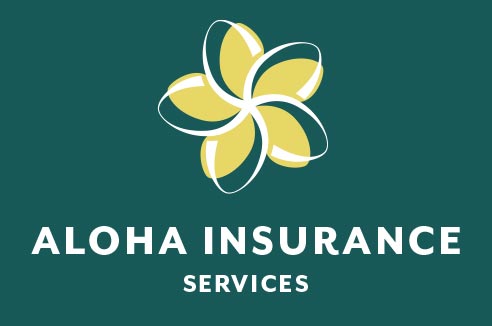Many financial experts consider life insurance to be the cornerstone of sound financial planning. It can be an important tool in the following situations:
Replace income for dependents
If people depend on your income, life insurance can replace that income for them if you die. The most commonly recognized case of this is parents with young children. However, it can also apply to couples in which the survivor would be financially stricken by the income lost through the death of a partner, and to dependent adults, such as parents, siblings or adult children who continue to rely on you financially. Insurance to replace your income can be especially useful if the government- or employer-sponsored benefits of your surviving spouse or domestic partner will be reduced after your death.
Pay final expenses
Life insurance can pay your funeral and burial costs, probate and other estate administration costs, debts and medical expenses not covered by health insurance.
Create an inheritance for your heirs
Even if you have no other assets to pass to your heirs, you can create an inheritance by buying a life insurance policy and naming them as beneficiaries.
Pay federal “death” taxes and state “death” taxes
Life insurance benefits can pay estate taxes so that your heirs will not have to liquidate other assets or take a smaller inheritance.
Make significant charitable contributions
By making a charity the beneficiary of your life insurance, you can make a much larger contribution than if you donated the cash equivalent of the policy’s premiums.
Create a source of savings
Some types of life insurance create a cash value that, if not paid out as a death benefit, can be borrowed or withdrawn on the owner’s request. Since most people make paying their life insurance policy premiums a high priority, buying a cash-value type policy can create a kind of “forced” savings plan. Furthermore, the interest credited is tax deferred (and tax exempt if the money is paid as a death claim).


